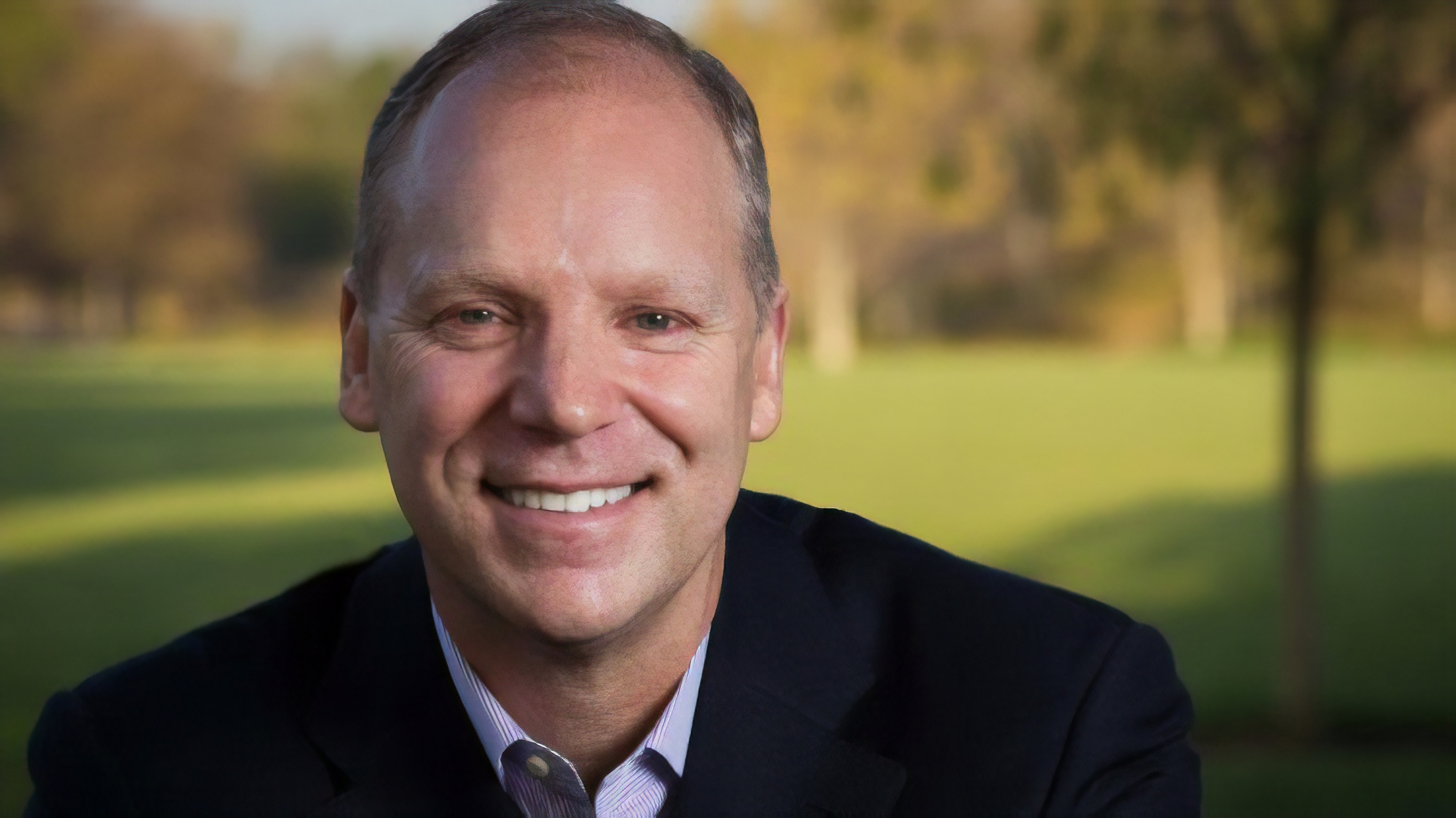The Five Spot: Andrew Russell

The smarter way to stay on top of broadcasting and cable industry. Sign up below
You are now subscribed
Your newsletter sign-up was successful
Bonus Five:
All-time favorite shows?Downton Abbey, Ken Burns’ The Roosevelts
Favorite app: L.A. Times, Washington Post, N.Y. Times
Destinations on your bucket list? Northern Europe and Alaska
A recent memorable meal? “I just ate at Bindaas in D.C. — Indian street food by Vikram Sunderam, the first Indian chef to win a James Beard award. The food and atmosphere are terrific.
”What books are on your nightstand? Walter Isaacson’s Leonardo da Vinci
Seven years ago, KCET, the noncommercial TV station in Burbank, Calif., gave up its PBS affiliation because it didn’t think it was getting enough value for the dues it was paying. Correcting that decision, the station is now merging with KOCE, the area’s PBS affiliate (PBS SoCal). The stations reach more than 18 million people in Southern California, and KCET also distributes programming nationally on DirecTV and Dish Network via KCETLink.
The smarter way to stay on top of broadcasting and cable industry. Sign up below
Overseeing the merged organization will be KCET’s Dick Cook, as board chair, and KOCE CEO Andrew Russell as CEO. Russell, a former PBS executive, joined KOCE in 2013 and led the station as it doubled its annual revenue and tripled its membership rolls. He has also added to the station’s content relationships and distribution, including via digital platforms like Amazon and Netflix. Russell spoke with B&C content director Kent Gibbons in April.
What are the biggest benefits of the merger for your viewers?
We’re building a stronger public-media organization for Southern California and the flagship PBS station for the region. This is an idea that’s been around for a while. We’re really happy to make it happen. It’s going to create a strong center for content creation and a center for innovation for public media. I had a chance to talk to a lot of the community people and community leaders, and they’re all very, very excited about this.
Any specific plans for more new local — or national — programming and if so, what?
There are definitely plans to build and grow that. We’re going to take some time to work that through. I think we’ve got good initial ideas to explore, but you can expect a series of announcements in the months ahead. So, no specifics at this point.
Are you looking to launch new or expanded direct-to-consumer streaming services?
We definitely will continue to build ours. KCET’s got a great streaming service with its content, and then, on the PBS SoCal side, we’ve been building off the PBS app, adding our local content. And within that there is the Passport feature [with benefits for contributors], and that’s been tremendously popular. We’re seeing incredible growth locally as well as national growth around the Passport offering, and then the streaming through the apps as well. That’s the general audience app and then, of course, we’ve got the PBS Kids app, which is doing incredibly well.
How has your audience viewing held up at a time when nearly all networks are seeing declines?
Yeah. We’re I think quite different. We’ve seen good growth and strong stability on the PBS SoCal side as we’ve been able to change and evolve our schedule, bringing in some new content and changing our footprint of our pledge programs, and KCET’s seen really good audience growth in the last two years as they’ve brought in new programs from a wide range of producers, as well as the local content on the channel.
What uses did you find for the money brought in via the spectrum auction?
KCET participated and KOCE participated — KCET brought in about $65 million. It did a channel-share arrangement and KOCE did a channel share as well, and its share was about $49 million. Both KCET and KOCE did the same thing, which is retire debt. We addressed those things and changed our balance sheet and then we took virtually all of [the rest] and put it into investment funds. We recognized that these were onetime-only funds and what we need is to support regular annual operations. Roughly the income stream will help with about maybe 5% of our total operating budget.
